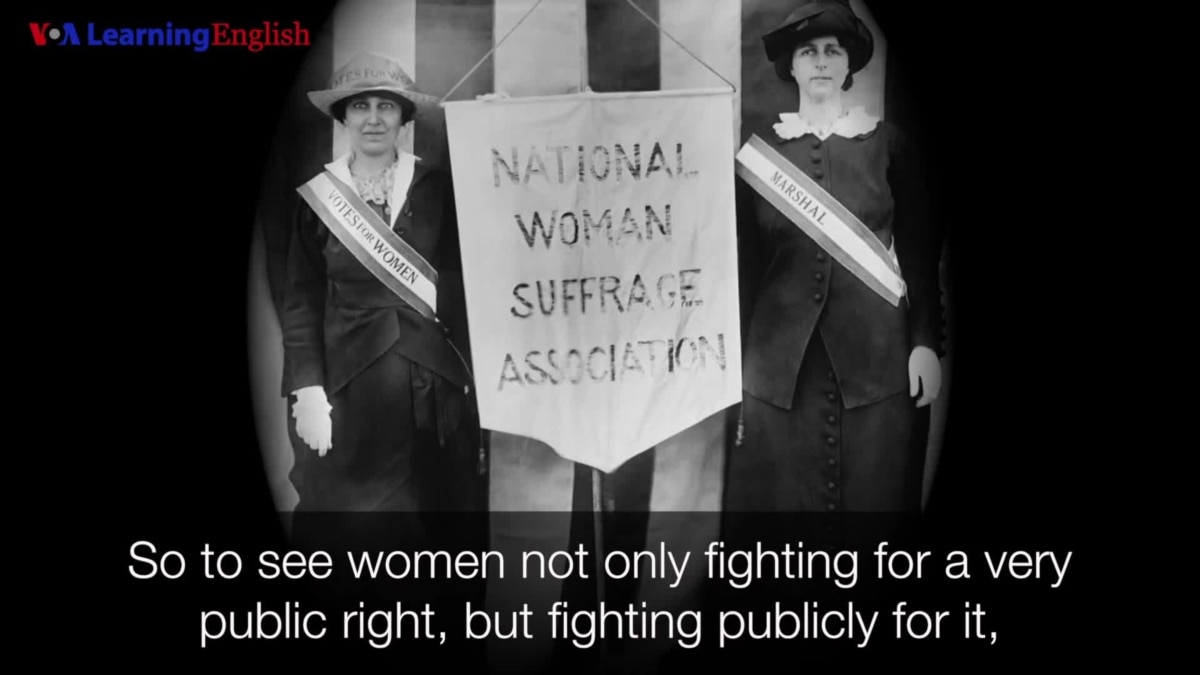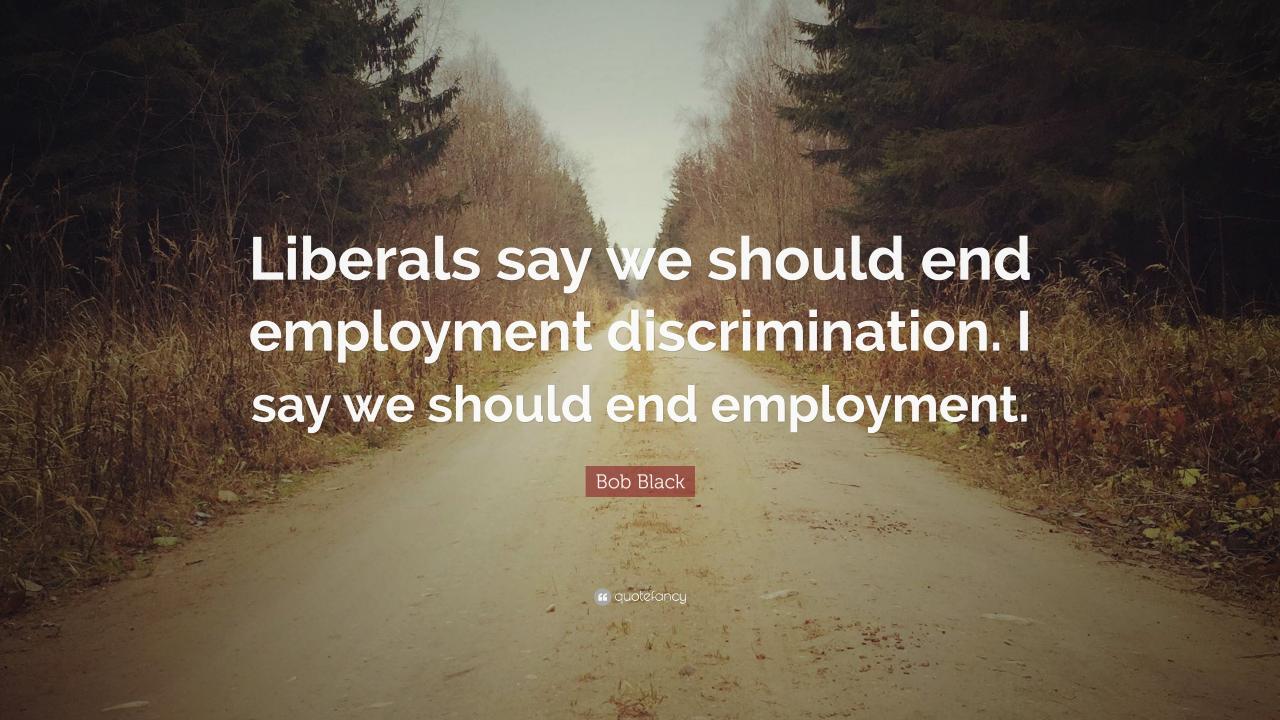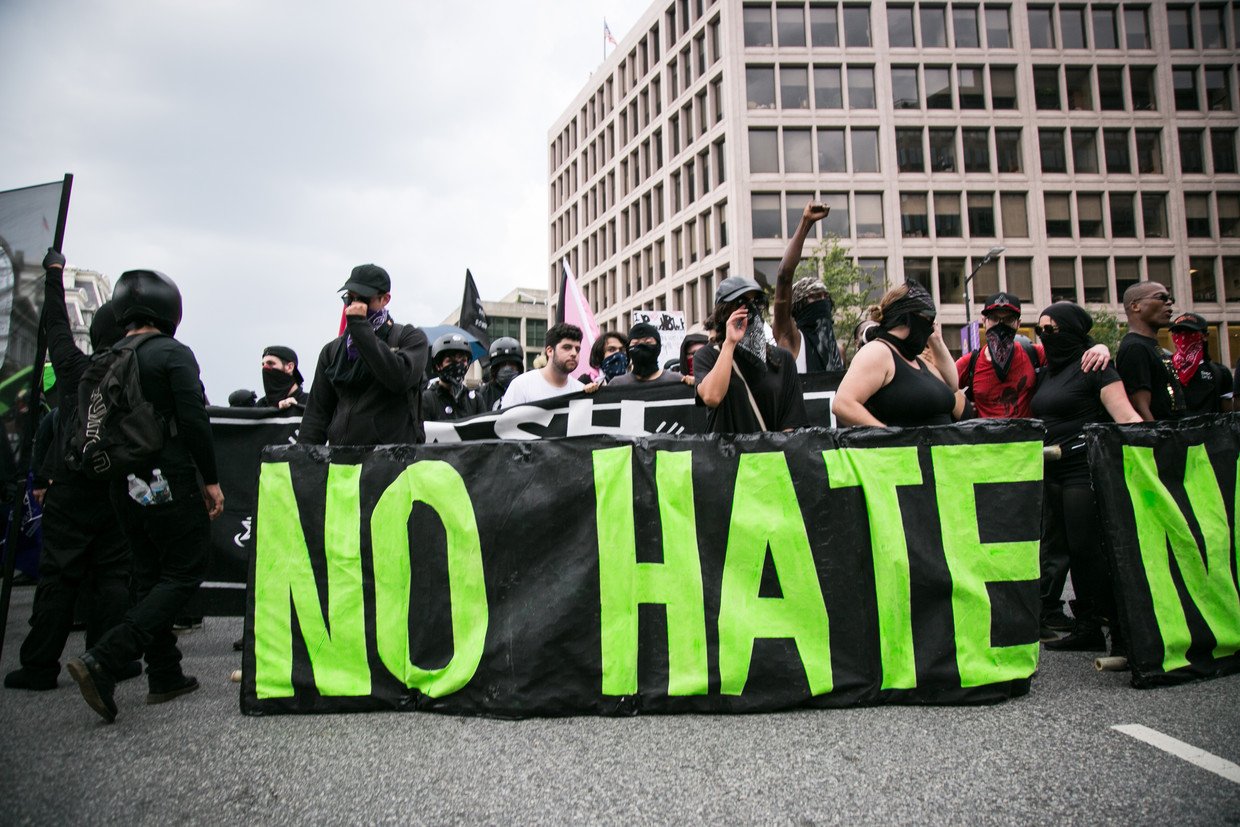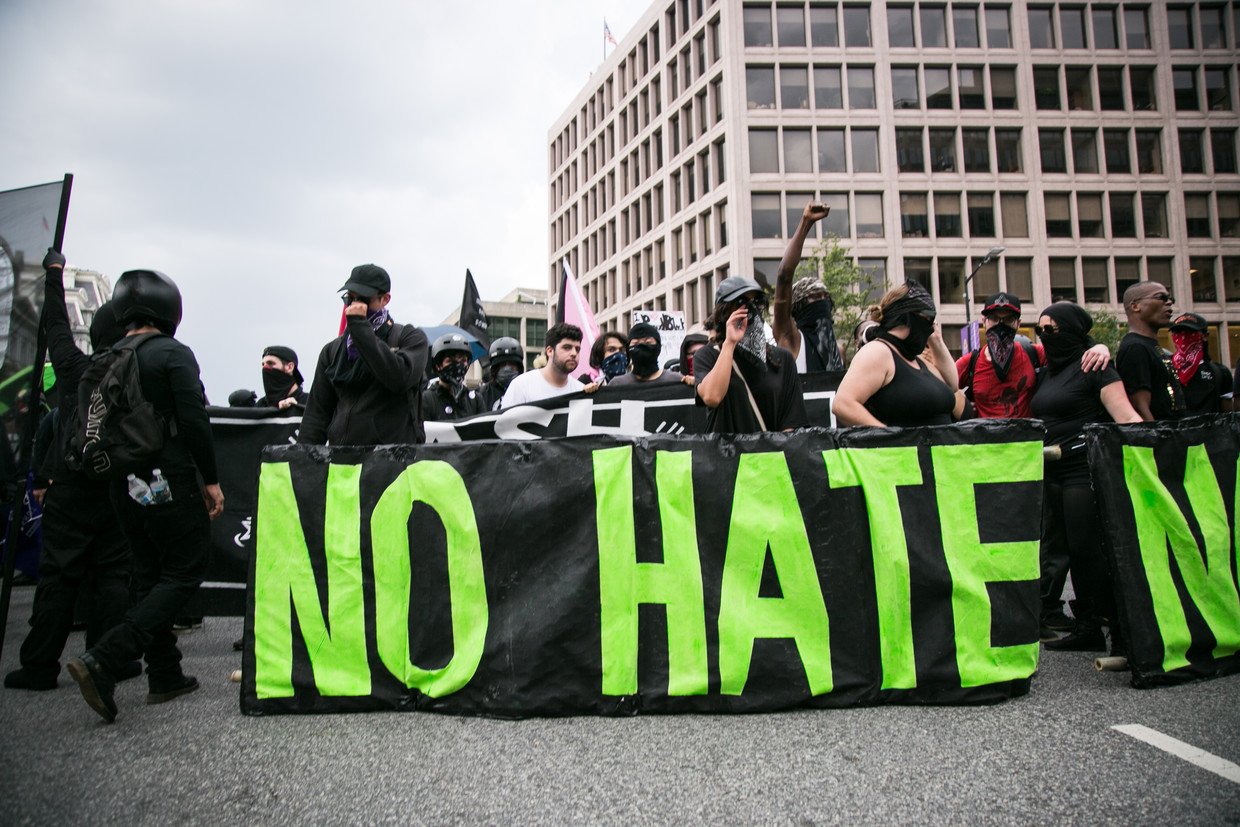Battin rejects ‘extreme’ slur, accuses Labor of running scared. This political showdown throws a spotlight on the increasingly heated rhetoric in the current election cycle. Battin’s accusations, while inflammatory, highlight a perceived unwillingness from the Labor party to engage with certain key issues. We’ll examine the specific language used, the political context, and the potential repercussions for both parties involved.
The incident revolves around a controversial remark made by Battin, described by some as an “extreme slur.” This allegedly offensive statement has sparked a fierce debate, forcing Labor to respond and defend its campaign strategy. The fallout includes intense media scrutiny, social media firestorms, and questions about the future of civil political discourse.
Battin’s Accusation of “Running Scared”
Battin’s accusation that the Labor party is “running scared” is a significant development in the ongoing political campaign. This claim, made amidst a backdrop of intense debate over policy and public perception, alleges a deliberate avoidance of key issues by Labor, suggesting a lack of confidence in their platform.
Political Context Surrounding Battin’s Statement
Battin’s statement was made during a particularly heated period of the campaign, following a series of controversial policy announcements by the Labor party. Public opinion polls showed a tightening race, increasing the pressure on both parties. The accusation of “running scared” aims to portray Labor as weak and indecisive, undermining their credibility and potentially swaying undecided voters.
Examples of Labor’s Actions Interpreted as Avoidance
Battin likely points to specific instances where Labor avoided direct engagement with certain criticisms or debates. For example, Labor’s refusal to participate in a televised debate on a specific policy issue, or their limited response to allegations of internal party conflicts, could be cited as evidence of avoidance. Furthermore, any instances where Labor’s campaign messaging shifted away from directly addressing contentious topics might be interpreted as a sign of “running scared.”
Potential Implications for Labor’s Campaign
The accusation carries significant weight. If the public perceives Labor as avoiding crucial issues, it could damage their credibility and reduce voter confidence. This could lead to a decline in support, potentially impacting their chances of winning the election. The effectiveness of Battin’s accusation will depend on public perception and the ability of Labor to effectively counter the narrative.
Comparison of Battin’s Accusations and Labor’s Responses
| Battin’s Accusation | Labor’s Response | Analysis | Impact |
|---|---|---|---|
| Avoidance of televised debate on climate change policy | Claim of scheduling conflicts; offered alternative engagement methods. | Labor’s response partially addresses the accusation but may not fully satisfy critics. | Potentially damages Labor’s credibility on climate change. |
| Lack of response to allegations of internal party division | Dismissal of allegations as “baseless rumors” and a focus on positive campaign messaging. | This response might appear dismissive to some voters. | Could undermine public confidence in Labor’s internal unity. |
| Shifting campaign focus away from economic policy debates | Emphasis on other key policy areas, such as healthcare and education. | This strategy may be interpreted as an attempt to change the narrative. | Could backfire if voters see it as an attempt to avoid tough questions. |
The Nature of the Alleged “Extreme” Slur
Understanding the context and impact of the alleged “extreme” slur is crucial. The specific words used, their potential interpretations, and their historical usage in political discourse all contribute to the controversy’s significance.
Description of the Language and Potential Interpretations
While the exact language used remains undisclosed, the term “extreme” suggests an accusation of holding views outside the mainstream political spectrum. Depending on the context, it could imply dangerous or harmful ideologies, or simply unpopular or unconventional stances. The potential interpretations are highly dependent on the specific words used and the overall tone of the statement.
Examples of Similar Language in Past Political Discourse
Similar language has been used throughout history to discredit political opponents. Terms like “radical,” “extremist,” and “dangerous” are often employed to demonize rivals and influence public opinion. Historical examples can be found in various political campaigns, highlighting the long-standing use of such rhetoric to gain a political advantage.
Impact of Such Language on Public Perception
Such language can significantly shape public perception. By labeling opponents as “extreme,” Battin attempts to associate them with negative connotations, potentially alienating moderate voters. The effectiveness of this tactic depends on the public’s receptiveness to this kind of rhetoric and the overall political climate.
So Battin’s rejecting that “extreme” slur, calling out Labor – a pretty bold move, right? It’s a total contrast to the Detroit Tigers’ more low-key approach; check out their recent signing, Tigers add Torres to infield mix on 1-year deal , which is a much quieter kind of news. Anyway, back to Battin – this whole situation is definitely heating up.
Hypothetical Scenario Illustrating the Effects on a Voter
Imagine a voter undecided between Labor and the opposing party. Hearing Battin label Labor as “extreme” might sway their decision if they already harbor anxieties about radical policies. Conversely, if the voter values strong stances on particular issues, this label might have the opposite effect, enhancing their perception of Labor’s commitment to their principles.
Battin’s Defense and Justification
Battin’s defense likely focuses on the legitimacy of their criticism of Labor’s policies and the appropriateness of the language used. A careful examination of their arguments is necessary to understand their perspective and the potential legal ramifications.
Key Arguments Used by Battin, Battin rejects ‘extreme’ slur, accuses Labor of running scared
Battin’s defense will likely center on the claim that their statements, while strong, are truthful reflections of Labor’s policies. They might argue that the term “extreme” accurately describes specific policy proposals, and that their criticism is aimed at the policies themselves, not at individual members of the Labor party. They may also argue that strong language is necessary in a highly charged political environment to highlight important issues.
Potential Legal Ramifications
The potential legal ramifications depend on the specific language used and the context in which it was employed. If the language is deemed defamatory or incites hatred, Battin could face legal challenges. The threshold for legal action varies depending on the jurisdiction and the specifics of the case. This aspect would be determined by a legal review of the statements.
So, Battin’s rejecting that “extreme” slur, claiming Labor’s dodging the issue – it’s a pretty intense political spat, right? It reminds me of how quickly opinions form, like what happened with BBC Beyond Paradise fans say the same thing minutes into the show – instant reactions all around. The whole Battin situation shows how easily a single word can escalate things.
Structured Argument of Battin’s Defense

- Labor’s policies are demonstrably extreme compared to the historical average.
- The term “extreme” accurately reflects the nature of these policies.
- Criticising extreme policies is a legitimate part of political discourse.
- The language used was not intended to incite hatred or violence.
Comparison to Similar Controversies
The controversy should be compared to similar instances where strong language was used in political discourse. Analyzing past precedents and their outcomes provides valuable context for understanding the potential consequences of Battin’s actions. The comparison should focus on the nature of the language used, the context of the statements, and the responses from both the accused and the public.
Media and Public Reaction

Media coverage and public reaction played a crucial role in shaping the narrative surrounding this event. Analyzing the diverse perspectives and the role of social media offers a comprehensive understanding of the impact.
So, Battin’s rejecting that “extreme” slur and calling out Labor – pretty intense political stuff, right? It makes you think about the pressure of high-stakes competition, kind of like the nail-biting tension in the Arsenal match; check out the report here: Arsenal 1 – 0 Ipswich Town – Match Report. Anyway, back to Battin – his accusations of Labor running scared are certainly adding fuel to the fire.
Examples of Media Coverage
News outlets likely offered varying perspectives. Some might focus on Battin’s accusations, highlighting the “running scared” narrative. Others might emphasize Labor’s responses and counterarguments. Certain media outlets might offer a more balanced approach, presenting both sides of the story and analyzing the potential implications for the election.
Social Media Reaction

Social media platforms would likely be filled with diverse opinions. Supporters of Battin might applaud their strong stance, while supporters of Labor might criticize the accusations as unfair or misleading. The overall sentiment would likely reflect the broader political divisions within the society.
Summary of Public Opinions
- Strong support for Battin’s stance and condemnation of Labor’s policies.
- Criticism of Battin’s language and accusations of inflammatory rhetoric.
- Neutral opinions emphasizing the need for respectful political debate.
- Concerns about the impact of such controversies on the election outcome.
Potential Impact of Media Portrayals

Media portrayals significantly influence public understanding. A news article might feature a photograph of Battin delivering their statement, perhaps with a serious or determined expression, accompanied by a headline emphasizing the accusations of “running scared.” This visual and textual presentation could shape the reader’s perception of the event and its significance, potentially influencing their political views.
Wider Implications for Political Discourse
This incident highlights broader concerns about the tone and nature of political discourse. The use of strong language and accusations of avoidance have significant implications for the way political debates are conducted.
Broader Implications for Political Discourse
The incident underscores the challenges of maintaining respectful yet robust political debate. The use of inflammatory language can polarize the electorate, hindering productive dialogue and compromise. This event serves as a case study for analyzing the impact of strong rhetoric on political campaigns and the overall health of democracy.
Comparison to Similar Incidents
Comparing this event to similar incidents involving accusations of inflammatory language reveals recurring patterns and challenges. Analyzing these parallels can identify common factors that contribute to such controversies and explore potential strategies for improving political communication.
Role of Language in Shaping Political Debates
Language plays a critical role in shaping political debates. The choice of words, tone, and framing can significantly influence public perception and the direction of political discussions. This event underscores the importance of responsible language use in political discourse.
Potential Long-Term Effects on Political Communication
The incident could lead to increased scrutiny of political rhetoric, potentially fostering a more cautious and measured approach to political communication. However, it could also exacerbate existing political divisions, further polarizing the electorate and hindering constructive dialogue. The long-term effects will depend on the responses from political leaders, media outlets, and the public itself.
Final Review: Battin Rejects ‘extreme’ Slur, Accuses Labor Of Running Scared
The Battin-Labor clash underscores the volatile nature of modern political debate. Battin’s rejection of the “extreme slur” label and their counter-accusation against Labor paints a picture of a deeply divided political landscape. The incident serves as a cautionary tale about the dangers of inflammatory language and the importance of responsible political engagement. Ultimately, the lasting impact will depend on how both parties choose to navigate this controversy and the public’s reaction to the unfolding events.
FAQ Guide
What specific language was used by Battin that is considered controversial?
The Artikel doesn’t provide the exact wording, only that it was considered an “extreme slur” by some.
What are the potential legal consequences for Battin?
The Artikel mentions potential legal ramifications but doesn’t specify them. This would depend on the exact nature of the language used and applicable laws.
How did the public react beyond social media?
The Artikel mentions a range of public opinions but lacks specifics on non-social media reactions. Further research into news articles and polling data would be necessary.
